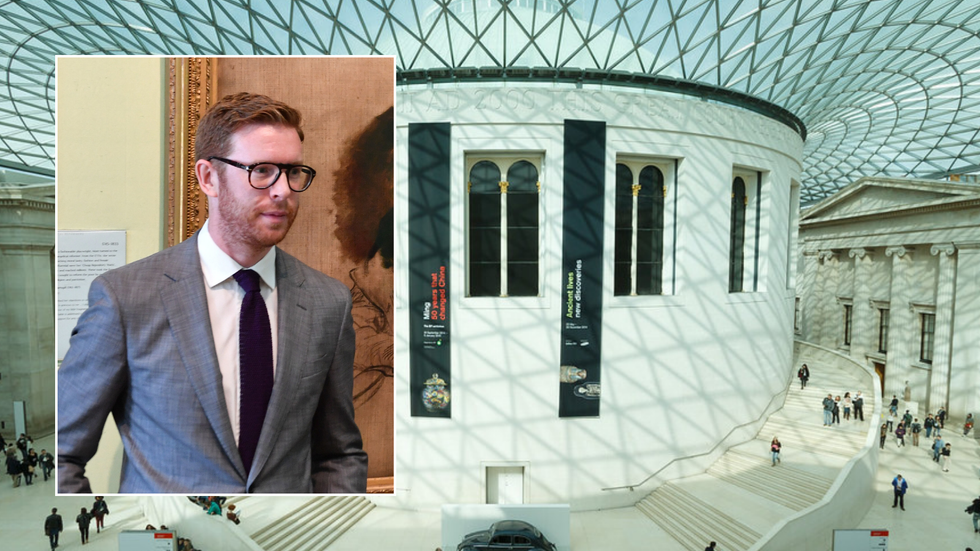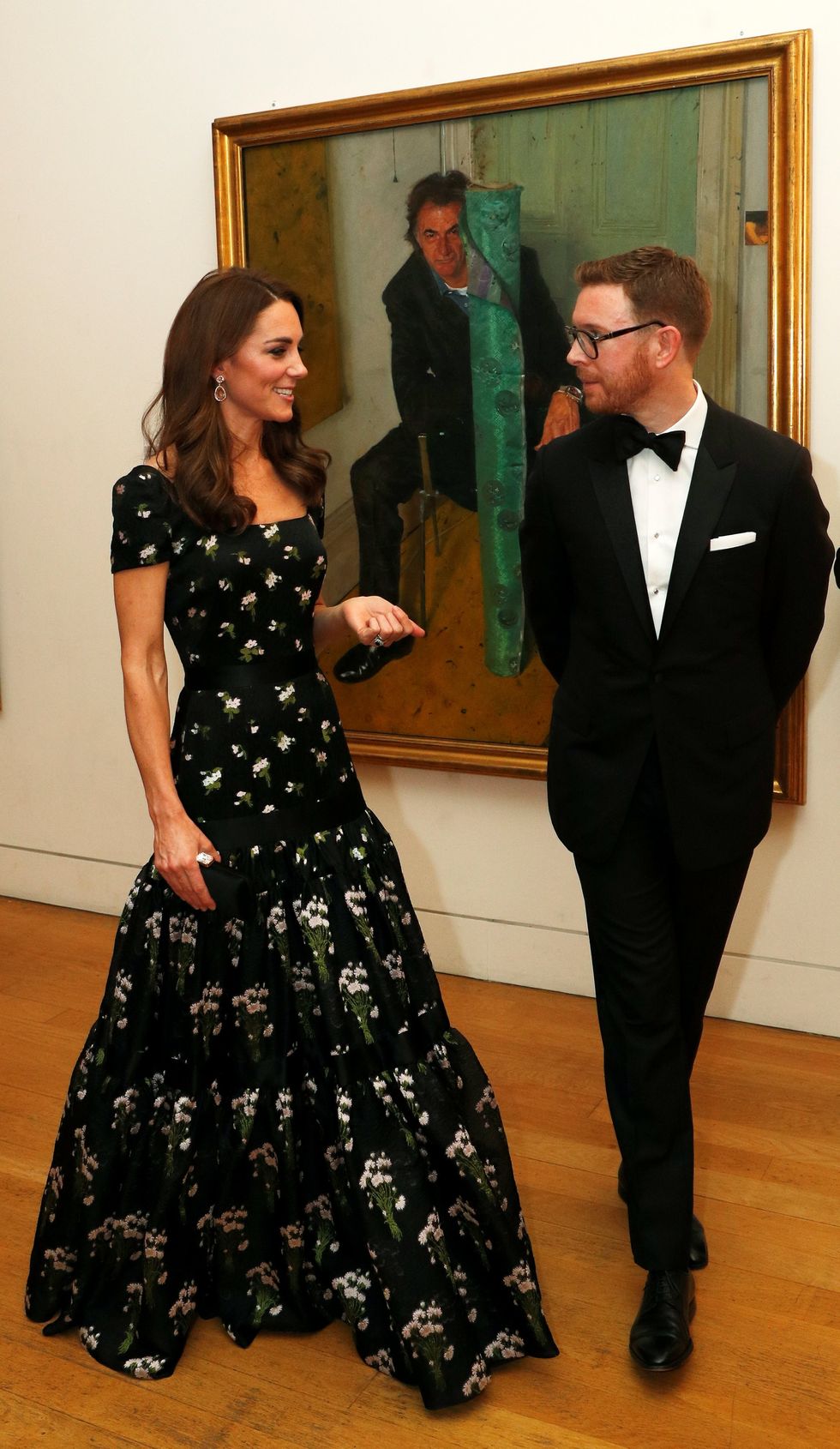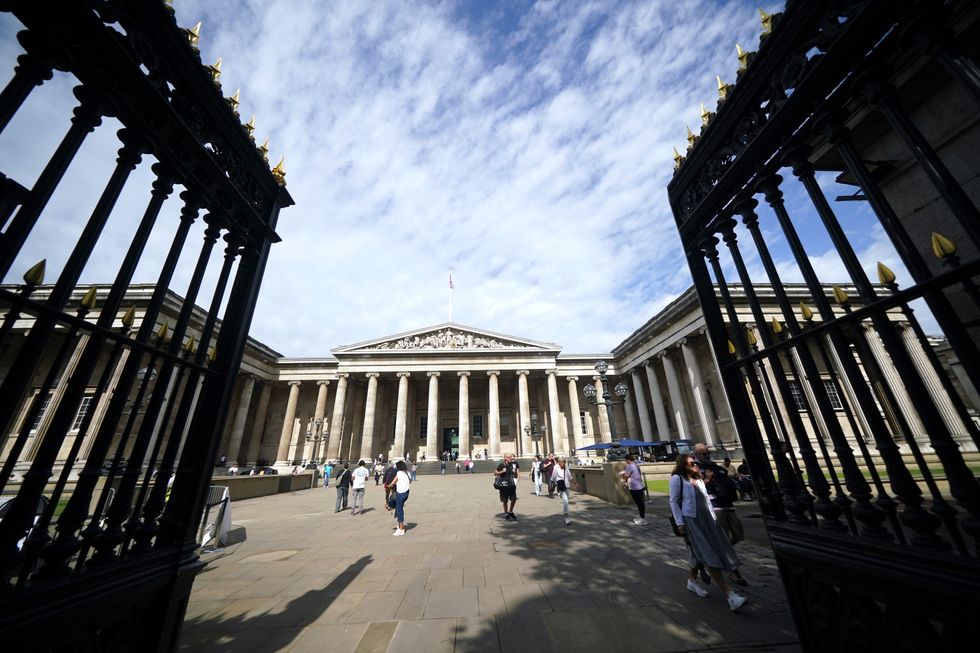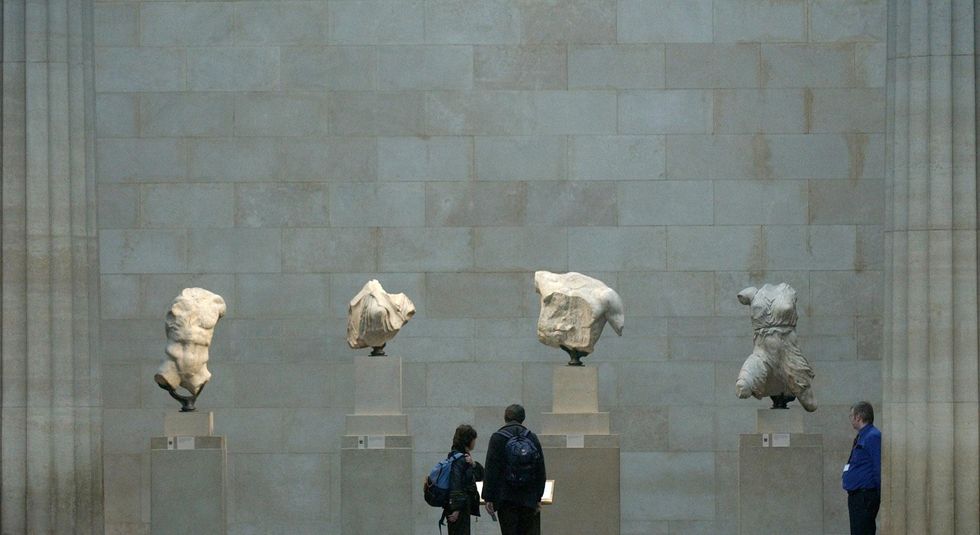Dr Nicholas Cullinan said he won't add politically correct labels to exhibits at the British Museum
PA/Flickr
Newly appointed Dr Nicholas Cullinan said he is rethinking the way collections will be displayed
Don't Miss
Most Read
Trending on GB News
The new director of the British Museum has said he will not add politically correct labels to any exhibits in a fight-back against a “particular sort of political agenda”.
Dr Nicholas Cullinan, 46, took up the reins of leading the institution after he left his post as director of the National Portrait Gallery in March 2023.
He began the new role over the summer, having taken over from interim head Sir Mark Jones, who temporarily replaced Hartwig Fischer who resigned last year after admitting that the museum “did not respond as comprehensively as it should have” to the theft of 2,000 items.
Cullinan said that he is rethinking the way the collections will be displayed, but stressed that this is to ensure the “scholarship is up to date, not conforming to a particular sort of political agenda”.
 Dr Nicholas Cullinan said he won't add politically correct labels to exhibits at the British Museum PA/Flickr
Dr Nicholas Cullinan said he won't add politically correct labels to exhibits at the British Museum PA/FlickrHis appointment comes amid pressure on the museum to repatriate artefacts that some have claimed were “stolen” from other countries, as well as cut ties with fossil fuel companies.
Other institutions have begun hanging signs that warn visitors that the items in front of them have colonial ties.
One such example is the Tate Britain, which has hung paintings linked to slavery with labels hung nearby which explained links to racism, colonialism, and the slave trade.
Cullinan, who said he would be leading the institution in a “new chapter”, said that he would not be following the gallery’s lead.
LATEST DEVELOPMENTS:

Cullinan speaks with Princess Kate back in 2019 at the National Portrait Gallery
PA
When asked about adding politically correct labels to exhibits, he told The Times: “No. What I mean is making sure our scholarship is up to date, not conforming to a particular sort of political agenda.”
Cullinan, who has also worked for the Tate Modern and the Metropolitan Museum of Art in New York, has billed the upcoming overhaul of operations at the institution as the “biggest transformation of any museum in the world”.
In May, some of the “crown jewels” of Ghana were temporarily given back to the African country, as part of a three-year loan agreement between the British Museum, the Victoria & Albert Museum (V&A) and the nation.
Some 32 pieces of Asante Gold were returned as part of the deal, which sparked concern that the decision could open opportunities for full returns of artefacts.
 The British Museum in LondonPA
The British Museum in LondonPA The Greek Prime Minister wants the Elgin Marbles backPA
The Greek Prime Minister wants the Elgin Marbles backPAIt is also believed that the loan could pave the way for other controversial items, such as the Elgin Marbles - which are housed in The British Museum - to be returned to the places from which they were taken.
The treasures, which are now referred to by the museum as the Parthenon Sculptures, are the most controversial exhibit at the London institution and a source of diplomatic tension between Britain and Greece.
Cullinan has stressed that more people see the objects housed in the museum in exhibitions on tour than in the museum itself.








